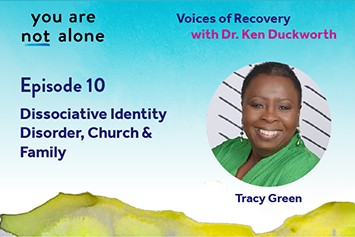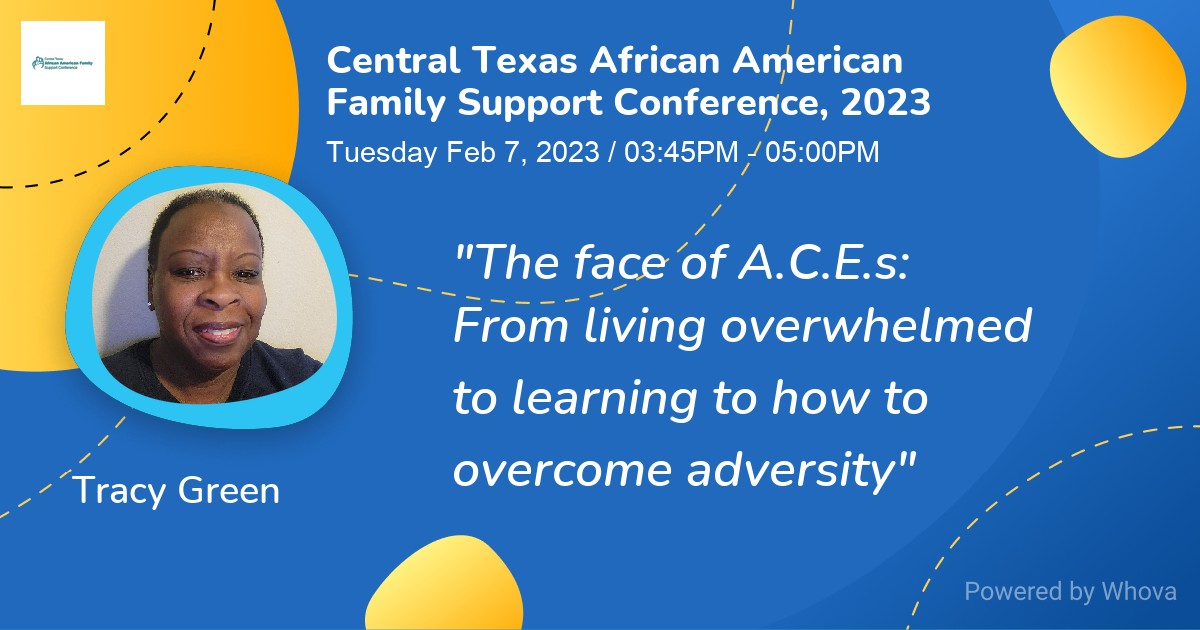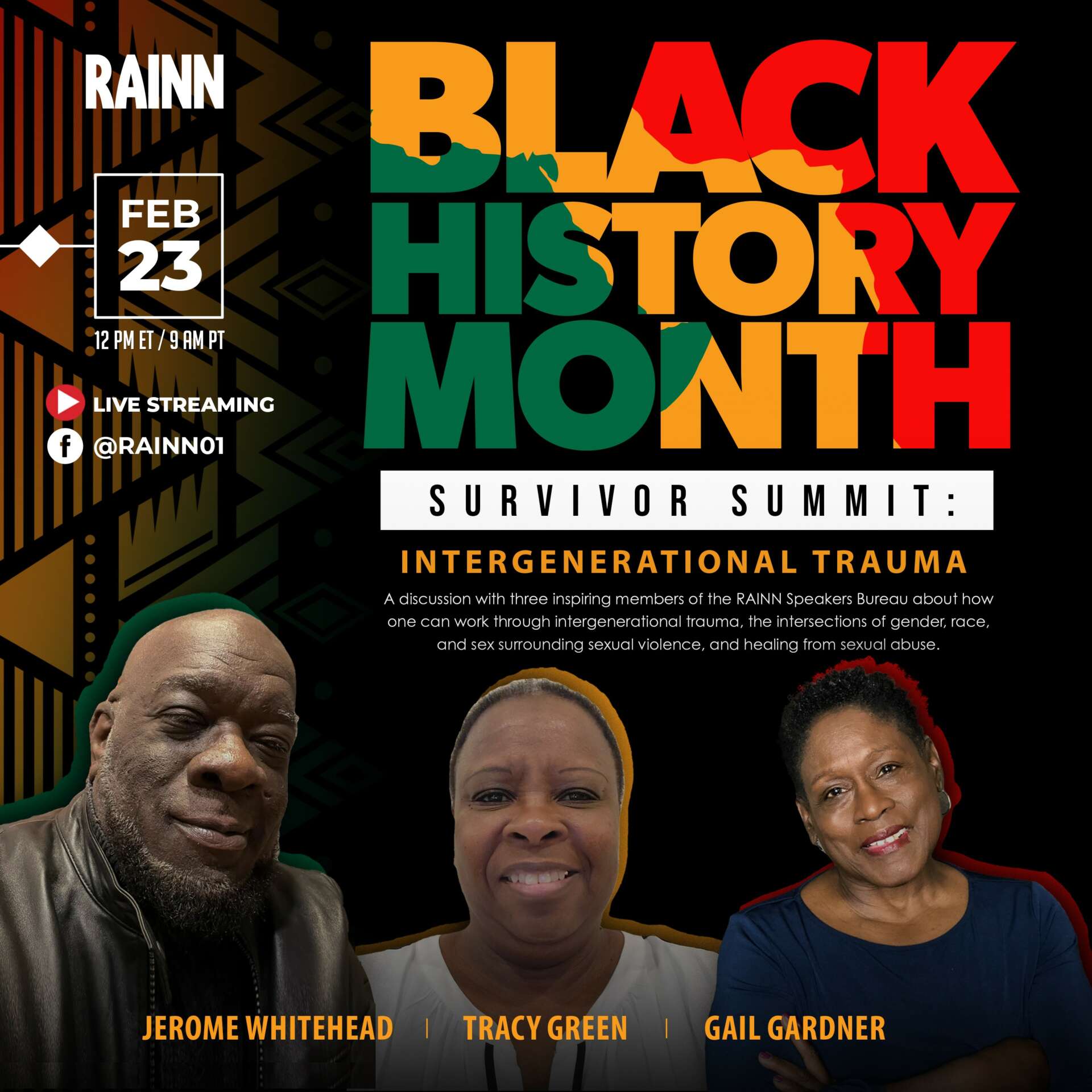Alright – so today we’ve got the honor of introducing you to Tracy Green. We think you’ll enjoy our conversation, we’ve shared it below.
Hi Tracy , thanks for joining us today. It’s always helpful to hear about times when someone’s had to take a risk – how did they think through the decision, why did they take the risk, and what ended up happening. We’d love to hear about a risk you’ve taken.
I grew up in a southern city in Louisiana as a black female child and the victim of long-term sexual abuse. In my community, most people know the goings on in the neighborhood, but few addressed or confronted it. While I was repeatedly told and reminded that “we don’t talk about family business outside the home”, no one prepared me for the teasing and taunting of my peers in the school yard. The devastation and trauma of my existence seemed unending. My identity became what I felt about what was happening to me; shame, guilt, and anger.
As I grew older, I was able to flee that situation but not the person it had caused me to become. I was very angry at the perpetrator, my family members, and my community for not coming to my aid. Eventually my anger turned to depression. I was miserable, yet my life looked ideal to anyone looking from the outside. I was happily married and had the perfect set of children; a girl and a boy.
However, I was decaying from the inside out. My depression began effecting my family. It was then that I knew I had to do something about it. It was an extreme risk to seek help outside of regular visits to the medical doctor and dentist. I needed a different type of help, I needed a counselor or therapist. My fear at the thought of telling someone the secret of my childhood was as thick as a heavy fog creating zero visibility.
That’s about as far ahead as I could see. My initial thought was that the greater risk was staying in this fog for the rest of my life and that of my family’s. That thought propelled me into making a monumental decision to seek help. But where? My pastor? A friend? Who could help me?
Finally, I stumbled into therapy through employment benefits. It was an uncomfortable situation at first. I was being asked to tell a stranger what ailed me. It was not easily recognizable what was the source of the depression but eventually, with trust and time, I was able to connect the dots between the bound feelings that I held inside and the traumas that created them. Slowly, a relationship was forming with my therapist as opposed to sharing my deepest secrets and struggles with a stranger.
I began to trust the process. The longer I went, the more confident I became. That was nearly 30 years ago and a few counselors back. I continue to work on the impact of trauma in my life. That risk of seeking help may have saved my life despite costing me some family connections. I would do it all over again.
Today, I work as a mental health advocate with a bachelor’s and master’s degrees. I know the struggles of choosing to take a chance on yourself in the midst of negative programming. I know that if I can do it, others can too. I stand watch to be a support, encourager, and advocate for those that need the support to believe in themselves!

Tracy , before we move on to more of these sorts of questions, can you take some time to bring our readers up to speed on you and what you do?
My business name is Bridge to Success Strategic Life Coaching Services. I chose that name because there is no one concept or template to helping people get what they want out of life. That takes strategy; getting to know the person as well as how they operate. Some people are “big picture first” people, like seeing the picture on a puzzle box and strategizing how they will put it together.
Others are like “piece by piece” people. They don’t want to see the big picture, or they may become overwhelmed. Our clients appreciate the one-on-one treatment of discovering/working from the framework of their own internal system. That’s how we bridge ambition and initiative to create success the strategic way!
Honestly, my choice for an industry came from a crisis in my life. I was diagnosed with a mental health condition, which turned my life upside down. I initially thought that my life was over as far as being a contributing member of society. Boy was I wrong! Post diagnosis, I went on to earn my bachelor’s and master’s degrees and have received several awards for my advocacy in the mental health field!
What I am most proud of is my marriage. My husband, Jerome, and I just celebrated our 40th wedding anniversary. I am so very proud of all that our relationship endured and still we enjoy each other’s company. I am truly grateful to God! Prayers, faith, tears, and communication kept us.

Other than training/knowledge, what do you think is most helpful for succeeding in your field?
Tear equity, like sweat equity, is a powerful resource, if used wisely. More than my multiple trainings and formal knowledge, my professional success comes from having walked in someone else’s shoes. My personal struggles and failures, as well as the countless stories I have been privileged to hear and bear witness to have softened my heart yet strengthened my resolve to be a solution in the world, not a problem.
In addition to being a Life Coach, I am a public speaker and I write curriculum/content for various projects involving mental health. I am also certified as:
a Mental health peer specialist.
a Marriage and family coach.
a Wellness coach.
a Leadership coach.
an ASIST (suicide prevention) coach.
a Program leader for a national organization.
a Trainer for a different national organization.

We often hear about learning lessons – but just as important is unlearning lessons. Have you ever had to unlearn a lesson?
The greatest lesson that I had to unlearn is that I should be able to please everyone. The backstory to this lesson involves seeking approval and validation at a young age. I very much wanted to please people so that they would like me. Unfortunately, I carried that into my adult/professional life.
After many unsuccessful attempts at keeping everyone happy, I finally began to question what makes me happy. I discovered that it does not take a lot to make me happy, a sunny day, a lit candle, lack of drama in my life. From there, I began to develop self-awareness as well as others-awareness. Two profound lessons that I discovered through the process is that what I thought would make others happy, was not necessarily what they defined as making them happy. Secondly, some people just can’t be pleased, and that is ok. It was never my responsibility in the first place.

Contact Info:
- Instagram: https://www.instagram.com/authenticme17/
- Linkedin: https://www.linkedin.com/in/tracy-green-m-a-a8027b239/


